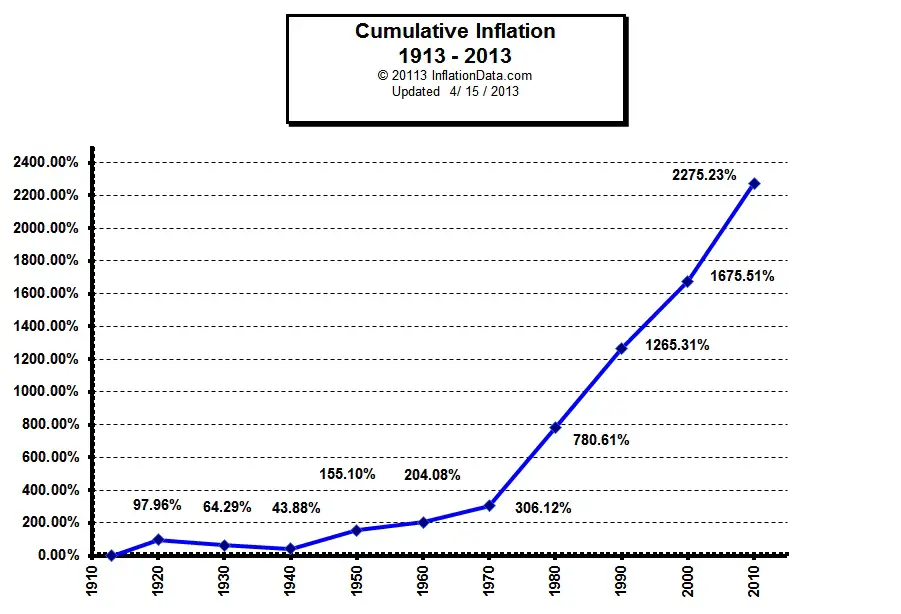Alas,
So the issue is easily summed into two binary views; either the individual is free to own the fruit of his labor (in money or material goods) or he is like serf or slave who owns nothing because he is actually owned by "his state Lordship", who may take as much as it likes to satisfy his own grand schemes and wants. In turn, from that difference comes two views of society as a whole; one is that of free individuals living in voluntary production, cooperation and free exchange, the other that of unfree individuals coerced into involuntary production, into forced sacrifice and coerced exchange by "m' lords" (federal, state, and local).
Be aware, your enchantment with remaking a nation into the latest vision of utopia (or dystopia) through the government "m lord" on the backs of the current generation men and women is nothing new. For example, the theoretical basis of social transformation was most vividly expounded in the Soviet Union (and China) - a "planned" society supposedly organized to sacrifice the well being of the living on behalf of a future for others. Hence, communists saw immense wisdom in the forced industrialization of Russia is the name of "we". And in the US, the liberals also fell in love with the Soviet sociality utopia building romance, effusing that "The industrialization is directed like a march through conquered territory . . . . The collectivization is like installing an army in a conquered land, according to the worst rigours of war." (Heady stuff, no?)
Some even declared that that the day of the individual was dead, hence why concern your self with the number of "individuals" sacrificed for the greater good of "the future"?
And we all know how that turned out: Millions dead, but not before being "mobilized" to forced labor labor camps to clear harbors, cut canals, lay rails, and mine. Millions of others shipped to cities to "produce" without housing or tools, food and clothing severely rationed, and internal passports issued to forcefully tie labor to the land and place. Ah, but what glory was found in undernourished workers driven to death, living in verminous barracks in barbed wire bound camps while utopianists touted the blueprints of a splendor-to-be from their glorious 5 year plans.
So yes, I see the romance of mobilizing millions to sacrifice for your vision, to live under the illusory idealism of collective sacrifice of body, soul, and immediate future for your "vision". Such is the allure of totalitarian power - to burn vast piles of other people's money, and to sacrifice millions, for schemes and enthusiasms that even you would never buy stock in if it were your money at risk.
Because, after all, "Green suicide" only feels morally satisfying if all the lemmings are forced to jump off the cliff together, right?

